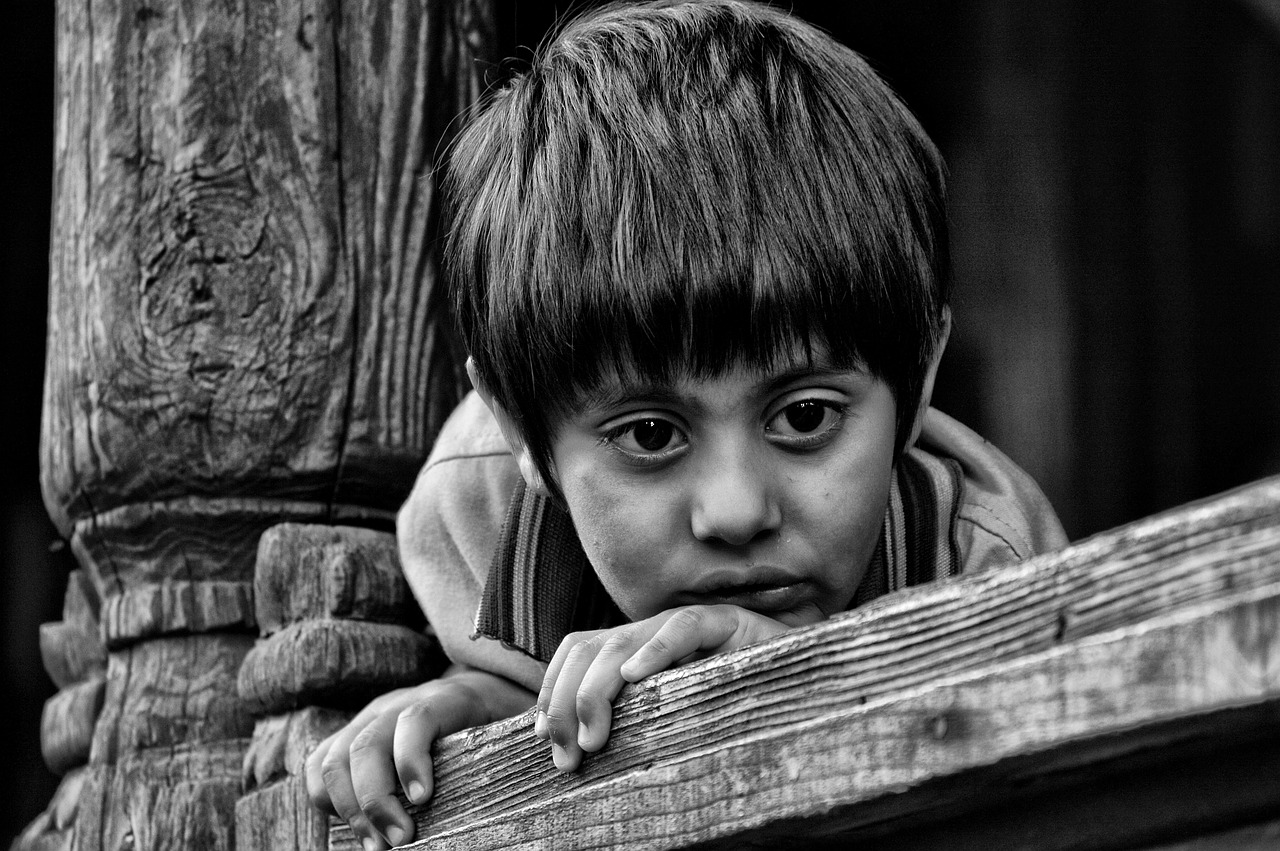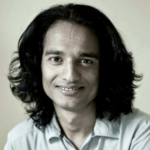
Think out loud: Redefining the idea of INDIA
 By Kaushal Kishore*
By Kaushal Kishore*
The Congress Party-led political experiment United Progressive Alliance (UPA) no longer exists now, and it has metamorphosed into the INDIA (Indian National Developmental Inclusive Alliance). After the victory in the Karnataka assembly elections, the ‘Bengaluru Pact’ among the 26 parties led by the Congress Party is a development that is now defining the battlefield for the Parliamentary elections next year.
This is the key mantra that the Opposition now hopes to have as powerful an impact on the next elections as the Pulwama terror attacks, on February 14, 2019, played the last time. Senior Congress Party leader Shashi Tharoor has referred to it as Asli (real) INDIA before a senior BJP leader Ravi Shankar Prasad reminded us of the British bureaucrat and ornithologist Allan Octavian Hume, who started Indian National Congress in the 19th century. The ruling dispensation has compared it to India as in the likes of East India Company to Indian Mujahideen to Popular Front of India. In the United States, its top proponent has defined earlier the Indian Union Muslim League (IUML) as a completely secular political party.
Former Congress leader and the Chief Minister of Assam Himanta Biswa Sarma replaced India with Bharat defining a new Quit India movement on Twitter. One day it will culminate into a Constitutional amendment modifying the definition, ‘India that is Bharat’ to something like ‘Bharat that is Aryavart’ and in the process it will help to revisit a series of debates that were initiated on September 18. 1949 in the Constituent Assembly. It can be helpful to remove colonial identity like Sri Lanka which the British referred to as Ceylon, and redefine the lost spirit of the Aryans that Maharshi Dayanand has defined after the sepoy mutiny in the 19th century. And after its centenary Baba Amte revisited the same spirit in Bharat Jodo (Knit India) march. Sadly it was missing in Rahul Gandhi’s long foot march that often repeated to open the counter of love to sell the colonial policy of divide and rule.
On the same day, the ruling alliance NDA (National Democratic Alliance) gathered in the national capital to show its strength. The Bharatiya Janata Party (BJP)-led alliance is ready to fight the next battle along with its 38 partners. And certain others like the Bahujan Samaj Party (BSP) led by Mayawati ready to challenge these two in Uttar Pradesh, in addition to Kalvakuntla Chandrashekhar Rao’s Bharat Rashtra Samithi (BRS) in Telangana, Jagan Mohan Reddy’s Yuvajana Sramika Rythu Congress Party in Andhra Pradesh and Navin Patnaik’s Biju Janata Dal in Odisha. Their response to the Delhi Ordinance in Parliament is going to define the equation further.
It seems development has replaced democracy in INDIA, however, it was heard in the conclave when the Chief Minister of Bihar objected to the name of the opposition alliance. Nitish Kumar has been nourishing this dream for a long time and has also played a key role in bringing Rahul Gandhi, Mamata Banerjee and Arvind Kejriwal together on the same platform. But still, the Opposition alliance lacks its convener and the secretariat. It could have been the reason behind the early return of the leaders of Bihar. The Rashtriya Janata Dal (RJD) and Janata Dal (United) leaders abruptly left Bengaluru before the joint press conference that day.
Meanwhile, Sri Lankan President Ranil Wickremesinghe reached New Delhi on the first official visit since taking up the top job last year. The Chief Minister of Tamil Nadu MK Stalin wrote a letter to Prime Minister Narendra Modi, a day before the Sri Lankan President’s arrival. He repeated a demand to retrieve the Katchatheevu island from Sri Lanka, which, in 1974, the Government of India had transferred to Sri Lanka, and that his father and the former Tamil Nadu Chief Minister M. Karunanidhi had opposed. This new move of the DMK supremo is being interpreted as a step to initiate the ‘Quit INDIA’ movement by certain pundits of politics.
More than a century ago, the fishing communities from India and Sri Lanka started to claim Katchatheevu island, which was created in the Indian Ocean due to the volcanic eruption in the 14th century. Former Tamil Nadu Chief Minister late J. Jayalalithaa had observed that the Union of India handed it over to our nearest neighbour without the consent of the state, it used to be a part of. The Tamil Nadu State Assembly passed a resolution to that effect and declared it unconstitutional. Tamil Nadu filed a petition to the apex court in 2008. The attorney general told the court that such demands can surely damage the relations between the two neighbours.
Tamil Nadu can hardly forget the fact that this is the same Ranil Wickremesinghe, who ordered to shoot the Indian fishermen who surrounded the same island when he was the Prime Minister in 2015. Stalin’s Dravida Munnetra Kazagham (DMK) issued a kind of whip to its 24 members in the lower house to raise this case before Prime Minister Modi and the Sri Lankan President Wickremesinghe. The two leaders exchanged enough on this issue. As a consequence, 15 fishermen were released from prison in Malladi (Sri Lanka).
In addition to retrieving the island, the DMK focused on the detention of the Indian fishermen by Sri Lankan authorities, and on the aspirations of the Tamil-speaking section of the island nation’s populace. After the departure of Wickremesinghe, the Sri Lankan navy arrested the 9 fishermen near the Katchatheevu and the Neduntheevu islands. The fishing community in Ramnathapuram and Thoothukudi are outraged. The Dravida politicians can go to any extent to settle such a critical issue.
Almost a decade after the birth of the Congress, the Christian press coined the term ‘White Man’s Burden’. Before the end of the 19th century, the poet singing songs of British imperialism, Rudyard Kipling, had defined its politics in the poetry that first time appeared in The Times of London as The White Man’s Burden on February 4, 1899, and the next day The Sun, one of the top five dailies from New York, published the same to lead public discourse from Asia to Europe to America. Kipling has defined a so-called moral duty of the West to civilise the rest of the world.
In the sepoy mutiny of 1857, Muslims and Hindus fought together against the British. The Lucknow Pact of 1916 during the first world war that Bal Gangadhar Tilak and Mohammad Ali Jinnah devised was an effort to revive that spirit of unity and harmony that Mahatma Gandhi seemingly carried forward. The old policy of divide and rule is at play since then onwards. This is the same politics that reflects on the partition of the united India. Rahul and Company have been trying hard to redefine similar politics in modern times. Modi has defined the politics of NDA and New India in terms of development and aspirations. He said, “In politics, there can be competitiveness but not enmity. Unfortunately, today opposition has made it its identity to abuse us. We always kept India above all political interests.”
Before the 82nd anniversary of the Quit India Movement next month, the grand old Congress Party has created an opportunity for the likes of the Rashtriya Swayamsevak Sangh to do whatever they can to support the two new initiatives defined today as ‘Quit INDIA’ and ‘Quit India’. Between these two anyone can see the Congress that appears all the more White. In such a hydra-headed state, it will be rather difficult for the ruling dispensation to ensure the participation of all parties in the newly inaugurated Parliament.
*Author of The Holy Ganga (Rupa 2008) and Honourary Secretary, Srishti Sustainable Development Foundation. Views published are personal.




